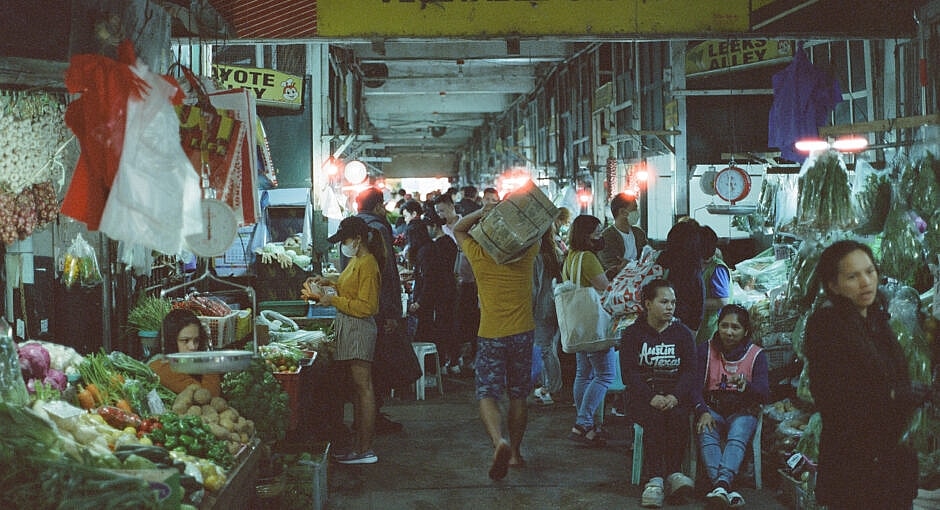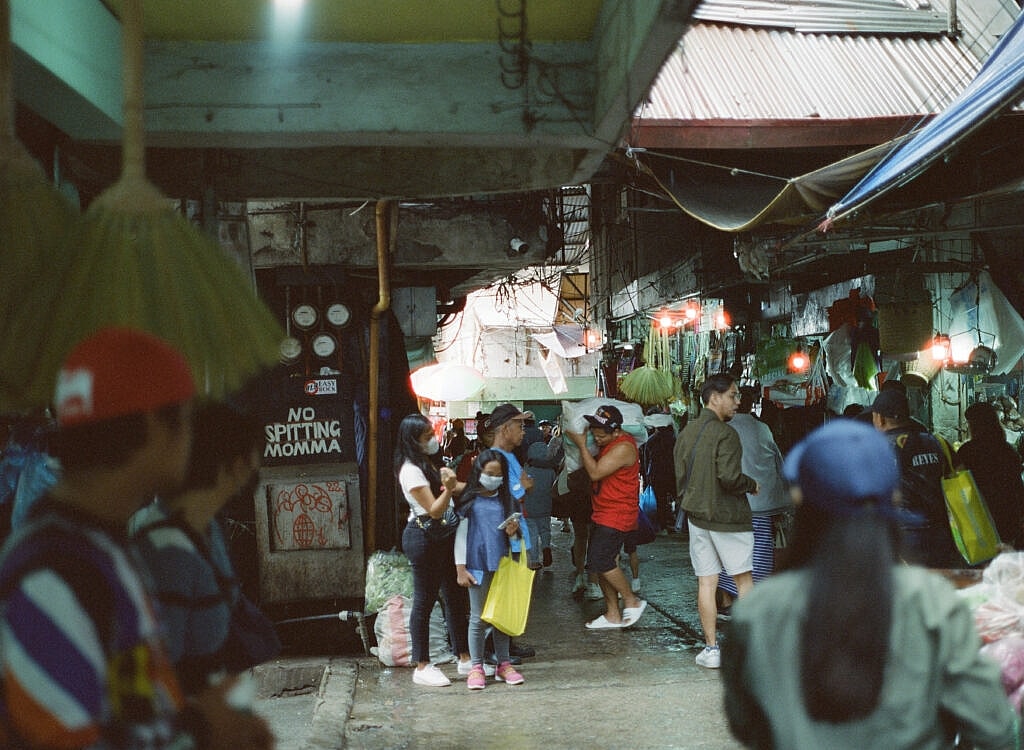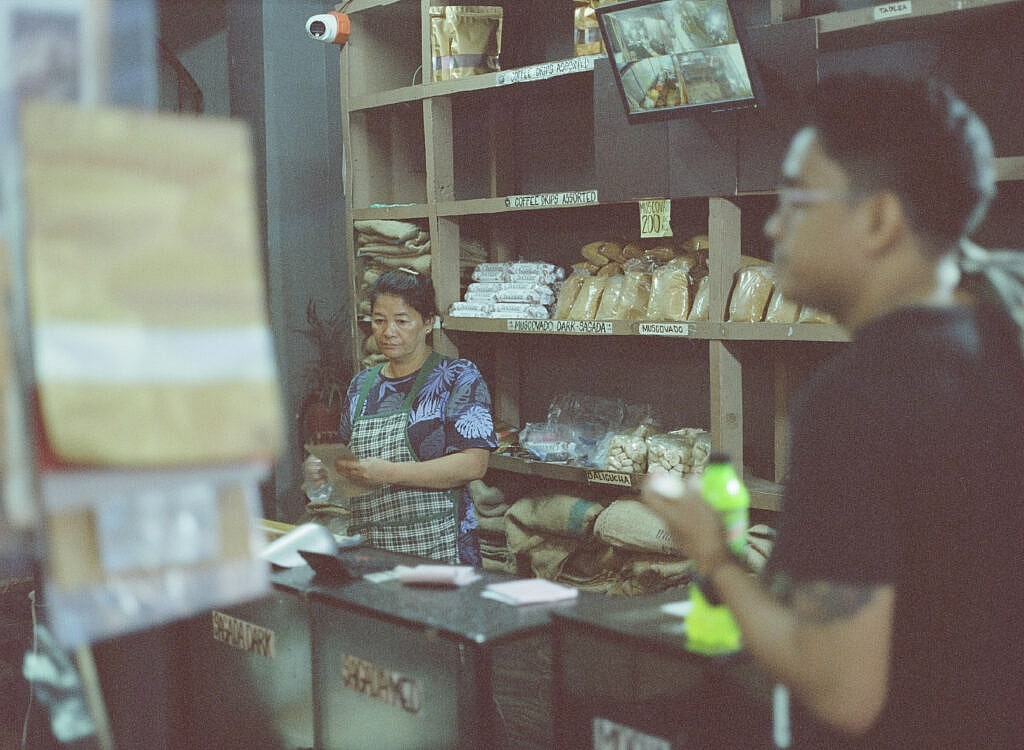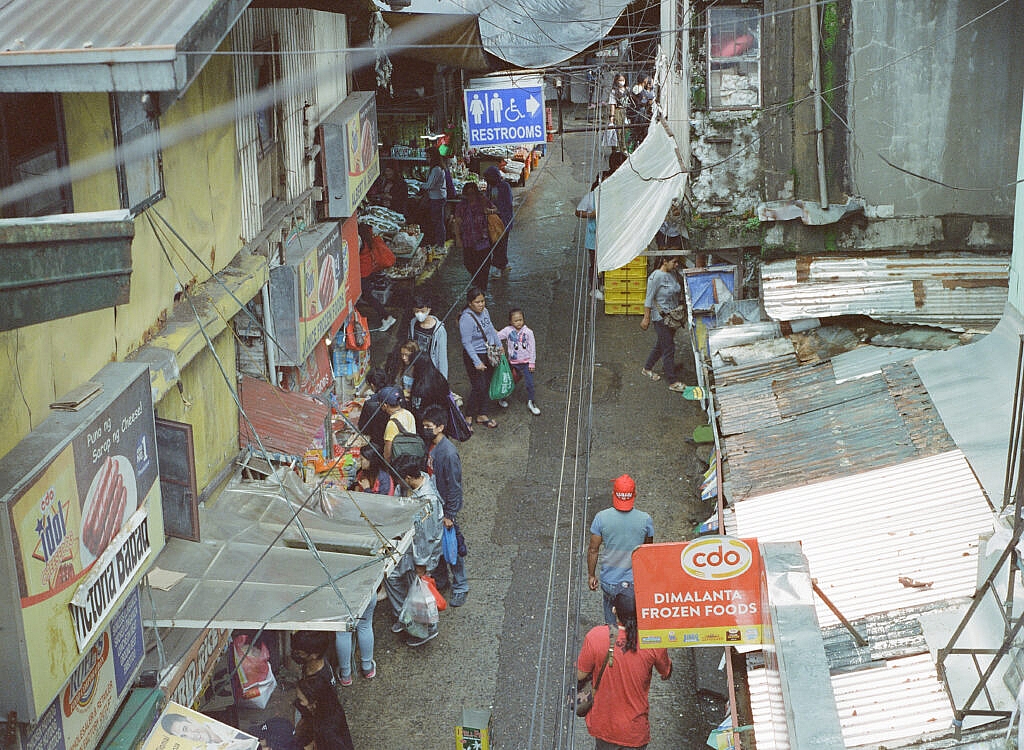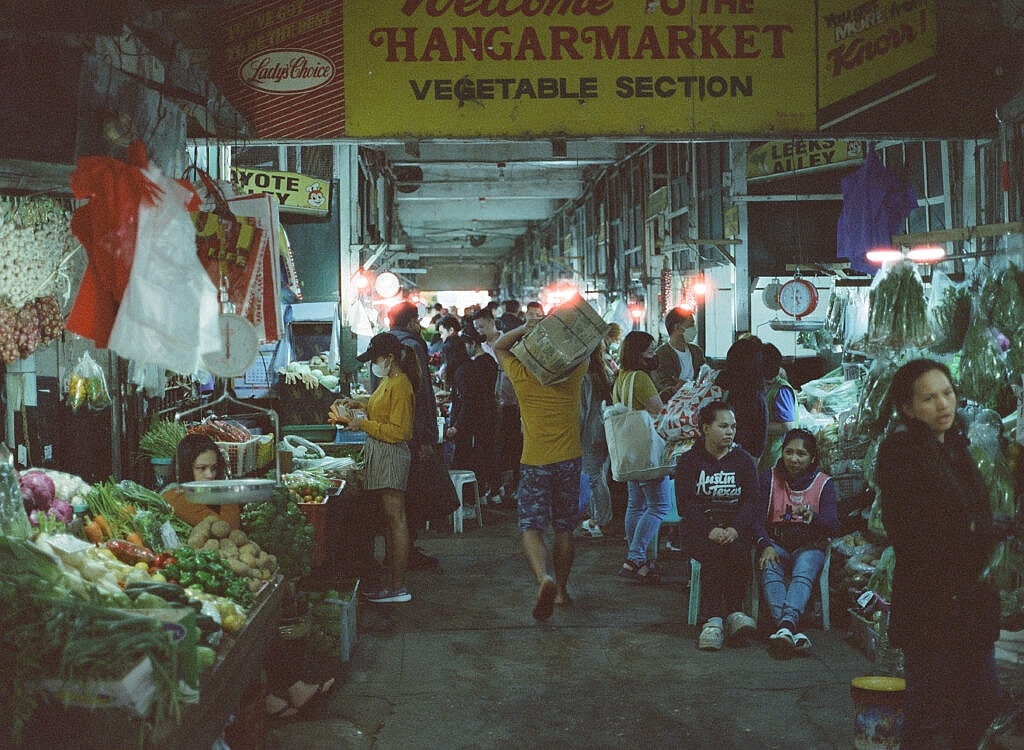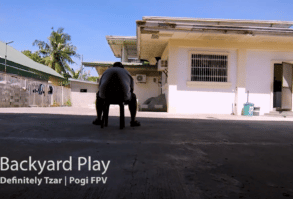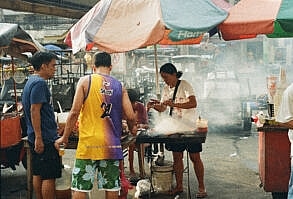The Baguio Market, also known as the Baguio City Market, is much more than just a marketplace in Baguio City, Philippines. It is a symbol of history, tradition, and community that has been the city’s lifeblood for decades.
Quick shot from Baguio City Market
History and Evolution
The history of Baguio Market can be traced back to the early 1900s when Baguio City was established as the summer capital of the Philippines by the Americans. Initially, it was an informal open-air market, a gathering place for local farmers and traders to sell their produce. Over time, it has undergone various transformations and expansions.
The biggest transformation took place post World War II, after Baguio was heavily damaged during the battle for liberation. The rebuilding phase led to the creation of a more formal market structure. What started as a huddle of vendors along Session Road soon expanded into the large complex it is today.
As of my knowledge cutoff in September 2021, the market was still being planned for upgrades and improvements. The aim was to modernize while preserving the market’s cultural heritage, ensuring it remains an important historical landmark in the heart of Baguio City.
Cultural Significance
Baguio Market is a testament to the vibrant culture and the rich agricultural heritage of the region. It is a one-stop destination for an array of local products, including fresh fruits, vegetables, meats, fish, rice, and baked goods. Among the local specialties found here are strawberries, ube (purple yam), Baguio longganisa (local sausage), and the famous Baguio brooms.
The market also showcases the city’s arts and crafts. In the dry goods section, visitors can find hand-woven textiles, woodcraft, and local jewelry. The sight of local artisans and vendors selling their goods gives visitors a glimpse into the traditional livelihoods that have sustained the community for generations.
Social Impact
Beyond its economic role, Baguio Market has been a hub of social interaction. It has been a place where local people gather, sharing stories, laughter, and camaraderie. This aspect has made the market a crucial social institution, fostering a sense of community and collective identity.
Moreover, Baguio Market plays a significant role in promoting sustainable and responsible tourism. It is a must-visit destination for tourists who wish to immerse themselves in local culture. It is not just a place to buy items but also an experience that allows visitors to engage directly with the local community, thereby fostering respect and understanding for local traditions and lifestyles.
In conclusion, Baguio Market is much more than a market – it’s a living museum, reflecting the rich history, diverse culture, and resilient spirit of the people of Baguio City. With its brightly colored fruits, the hum of vendors, and the warm smiles of locals, it offers an authentic and enriching experience of Baguio’s heart and soul.

